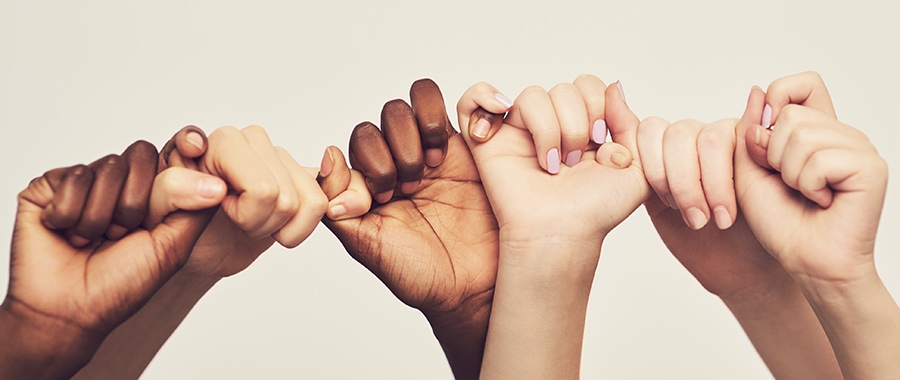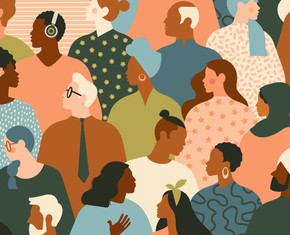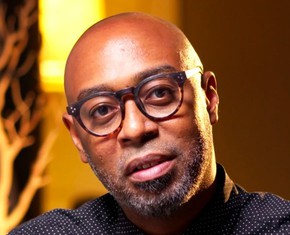The views expressed in our content reflect individual perspectives and do not represent the authoritative views of the Baha'i Faith.
When you say “My country,” it means more than just the name of a nation—it has emotional resonance in our hearts.
It means the place you live, its boundaries, its culture, its people, its government; it means its practices and laws, economy and politics, values and morals, beliefs and attitudes. It means the things the country stands for or against, its position in the region and the world, its standing in the eyes of its neighbors and all humankind. In fact, it’s how many people identify themselves—as Afghans or Brazilians or Canadians, as Danes or Eritreans or Filipinos.
So you’ve undoubtedly heard the expression “My country, right or wrong”? It’s a strong dogmatic statement made by those who want to believe that their country or government is in the right even when it does something morally wrong.
In many ways, that sentiment describes jingoistic patriotism, expressed as a way of life and a belief worth living or dying for. In America this came about on an unprecedented scale leading up to, through and after the Civil War. Both sides, the Northerners and the Southerners, believed their way of life should be protected. In the end the Union of 36 states at the time was preserved, although not completely unified in philosophy or spirit.
So, if we’re willing to die for our native land, does that make patriotism the strongest possible bond between human beings? Or does the very existence of civil war, when countrymen fight against their fellow countrymen, prove that patriotism can only form a tenuous bond between people?
The Baha’i teachings say:
The bond of patriotism may be a means of fellowship and agreement, but oneness of native land will not completely cement human hearts; for if we review history, we shall find that people of the same race and native land have frequently waged war against each other. Often in civil strife they have shed the same racial blood and destroyed the possessions of their own native kind. Therefore, this bond is not sufficient. – Abdu’l-Baha, The Promulgation of Universal Peace, p. 320.
What is the strongest bond? It’s not racial, according to Abdu’l-Baha:
The bond of fellowship may be racial, but history proves this is not sufficiently strong, for tremendous wars have broken out between peoples of the same racial lineage. – Ibid., p. 344.
Is it political? He says:
Again, the bond holding men together may be political. How often it happens that the diplomacy of nations makes a treaty of peace one day and on the morrow a declaration of war! – Ibid.
It is historically evident and manifest,” Abdu’l-Baha concluded, “that these bonds are not self-sufficient. – Ibid.
Instead, he pointed out, the true bond, the closest bond, is love—the kind of love expressed in true religion:
The real bond of integrity is religious in character, for religion indicates the oneness of the world of humanity. Religion serves the world of morality. Religion purifies the hearts. Religion impels men to achieve praiseworthy deeds. Religion becomes the cause of love in human hearts, for religion is a divine foundation, the foundation ever conducive to life. The teachings of God are the source of illumination to the people of the world. – Ibid.
But true religion is based on the love of God for his creatures, the foundation of all of creation:
True religion is the source of love and agreement amongst men, the cause of the development of praiseworthy qualities, but the people are holding to the counterfeit and imitation, negligent of the reality which unifies, so they are bereft and deprived of the radiance of religion. – Ibid., p. 179.
True religion shows us that love exists and comes to fruition when we perfect our virtues and live moral, ethical lives, loving each other and all of humankind.
In the civil wars now raging in the world, in places like Yemen and Syria, Afghanistan and Iraq, we see a turning away from love, mutual respect and tolerance, toward untold sorrow, pain and death. In some cases dogmatic religion is the cause or part of the cause. The Baha’i teachings say this is an abomination:
The counterfeit or imitation of true religion has adulterated human belief, and the foundations have been lost sight of. The variance of these imitations has produced enmity and strife, war and bloodshed. – Ibid., p. 153.
God never intended such conflict and suffering, yet certain leaders of nations and religions have determined their way of thinking and acting as the way all citizens should think and act. We must act differently:
The foundation of all the divine religions is one. All are based upon reality. Reality does not admit plurality, yet amongst mankind there have arisen differences concerning the Manifestations of God. Some have been Zoroastrians, some are Buddhists, some Jews, Christians, Muslims and so on. This has become a source of divergence, whereas the teachings of the holy Souls Who founded the divine religions are one in essence and reality. All these have served the world of humanity. All have summoned souls to peace and accord. All have proclaimed the virtues of humanity. All have guided souls to the attainment of perfections …. Ibid., p. 344.
My country right or wrong? Or my religion right or wrong? Or my political party right or wrong? Baha’is believe that they all fall short of true unity. Instead, we find true unity in the continuing religion of God, progressive from age to age, with one master teacher after another, its sole purpose to lead the human spirit closer to God and peace on this planet we all inhabit together.
















Comments
Sign in or create an account
Continue with Googleor